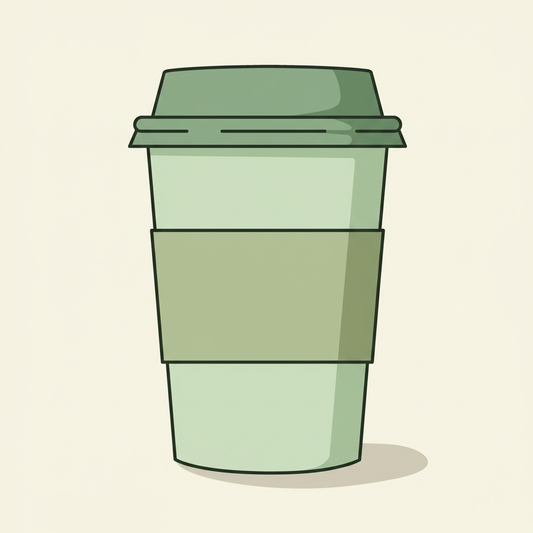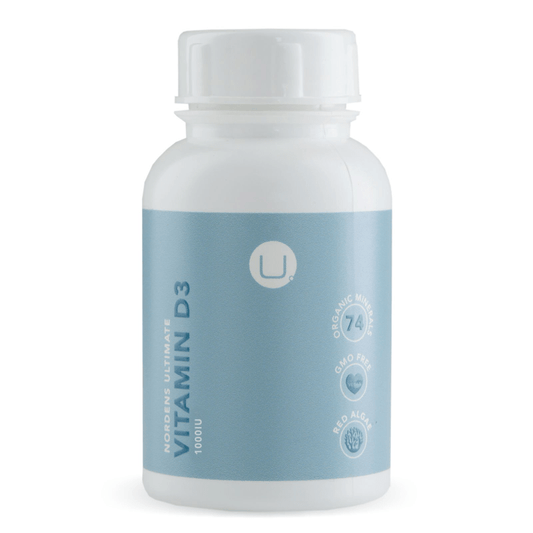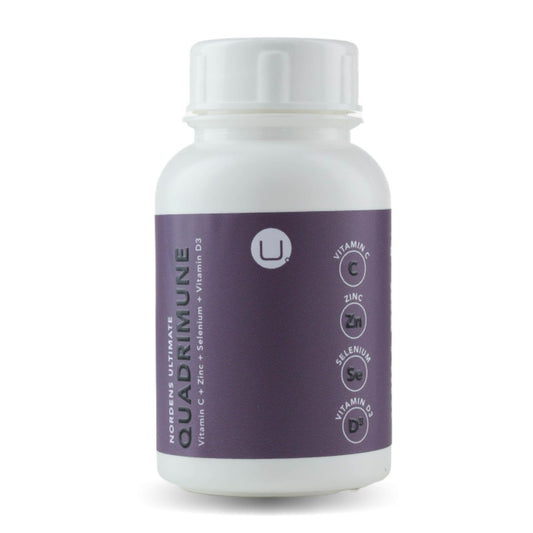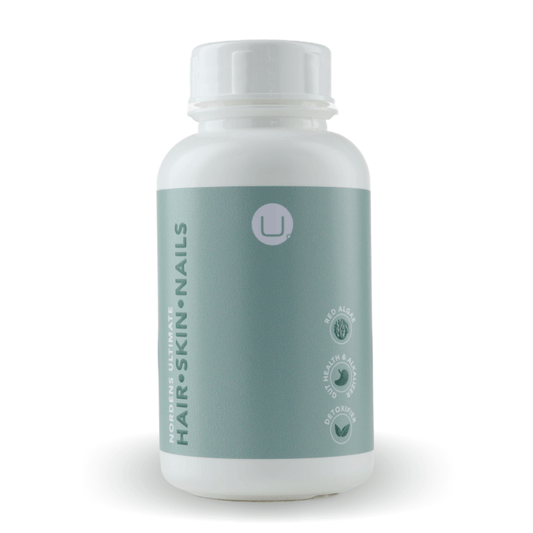While die-hard sun-tanners still exist, most of today’s population sensibly protect their skin with sunscreen formulations. The downside of that is a shocking Vitamin D deficiency across the globe!
Cures & Creams did some investigating to find the happy medium and the sensible way forward for SA families.
Vitamin D Deficiency Symptoms
Are you experiencing fatigue, back and joint pain, muscle weakness, moodiness, or depression? While these factors have many and varied causes, one that fits all of the foregoing, is a Vitamin D deficiency.
Because it is relatively easy to provide Vitamin D, it is worth focusing on how best to do that and see how many symptoms are alleviated.

Your Place in the Sun
In SA, with its world-renowned sunny skies, we are more focused on sun protection. Ant that must not change. However, there is a time and a place to sunscreen and a time and place not to.
Hot Sunshine Tip: Controlled or deliberate sun exposure is best done before 10 am or after 3 pm or no more than 15 minutes per day.
If you suspect you or someone you know may suffer from SAD (Seasonal Affective Disorder) in the darker winter months, help is at hand. Moodiness and depression can be alleviated by sunlight.
When you wake up, look out at the morning light. As the full spectrum of the sun’s rays enters through your eyes, the brain and body benefit immensely.
According to Tri-City Medical Centre, there are 5 benefits of controlled exposure to the sun:
- Increased Vitamin D - Essential to body function, Vitamin D promotes reduced inflammation and modulates cell growth. Because our skin has the ability to create Vitamin D from the sun's energy, there are not many food sources with this vital vitamin.
- Improved Mood - sunshine is more influential on mood than rainfall, temperature, or any other environmental factor. Sunlight bumps up your serotonin levels, which affects your mood state.
- Higher Quality Sleep - if you struggle to get good sleep, getting into the sun during the day will help you catch some zzz’s at night. Both serotonin and melatonin are produced in the brain and the sun assists the production of both of these vital chemicals.
- Stronger Bones - inadequate Vitamin D has been linked to diseases like osteoporosis and rickets. Vitamin D and calcium operate in tandem, so it’s not calcium alone that is responsible for stronger bones and teeth.
- Lower Blood Pressure - on exposure to the sun. your body releases nitric oxide into the blood, which brings down blood pressure and aids heart health per se.
How Much Sun Time is Safe?
Vitamin D is best obtained from the sun, and it only takes 5-15 minutes of sunlight a few times a week to see results. Let the elderly put their legs in the sun for ten minutes on sunny days. Only after 15 minutes is sunscreen necessary.
Myth Buster: while your skin may burn through the window, Vitamin D cannot be produced from sunlight through glass. Essential UVB light is blocked, so there is no trigger for the skin to start manufacturing Vitamin D.
Value of Vitamin D Supplementation
We have to get real though. Relying on controlled sun exposure helps immensely, but it isn’t always possible on a daily basis.
Only eggs, tuna, sardines, and salmon contain Vitamin D and too much of those creates other health issues. We land up with a strong case for Vitamin D supplementation.
As with any supplement, organic Vitamin D is a safe way to supply your system with this essential vitamin. We have spoken about Vitamin D before and you may enjoy reviewing that article here.

What is the RDA for Vitamin D?
The recommended daily intake of vitamin D from food or supplements is as follows:
- Children and teenagers: 600 IU
- Adults up to the age of 70 years old: 600 IU
- Adults aged 71 years old and over: 800 IU
- During pregnancy and breastfeeding: 600 IU
In summary: Sun exposure for short bursts (without allowing the skin to burn) is usually enough to allow your body to produce vitamin D. Most of us could do with a natural Vitamin D supplement because it is so crucial to health. How about you and your loved ones?
Feel free to explore the Cures & Creams online store and source the natural remedy that’s just right for you.
Take advantage of running specials, reward points and repeat order subscription benefits.
Disclaimer: This article is for informational purposes only and does not constitute professional medical or psychological advice. Please consult with a qualified healthcare professional for personalized guidance.






